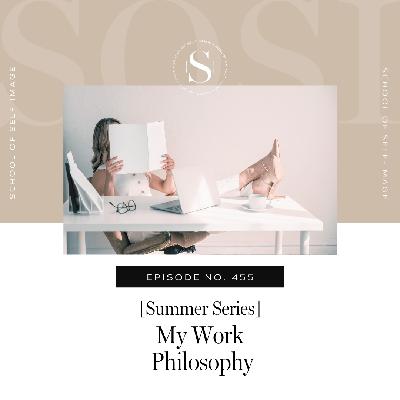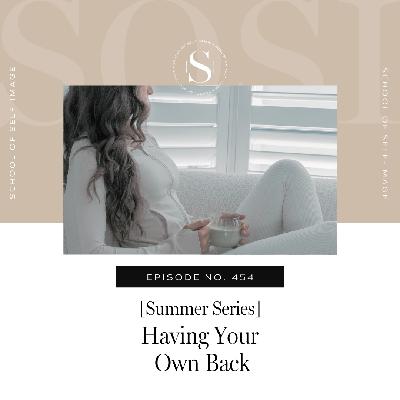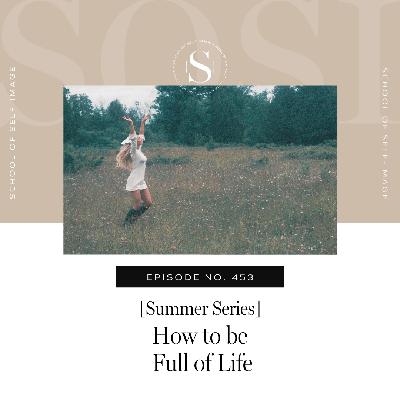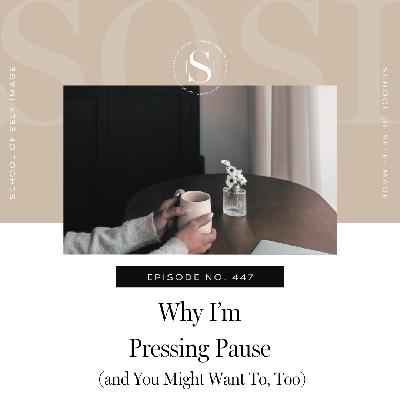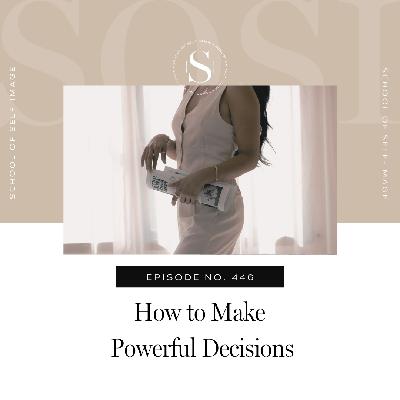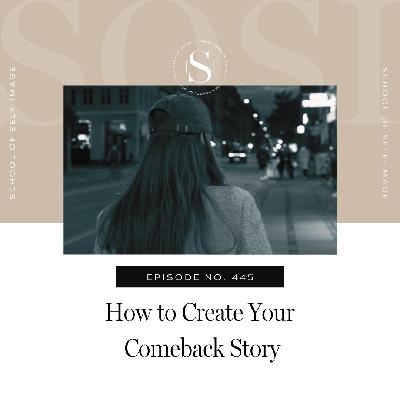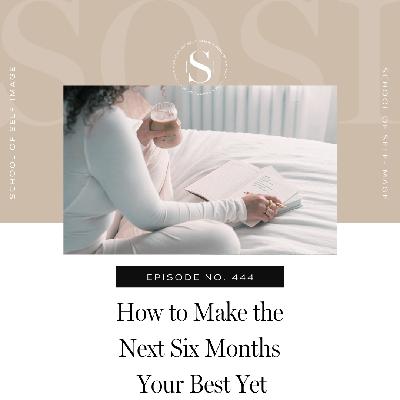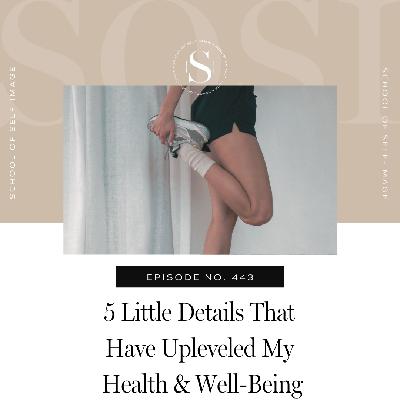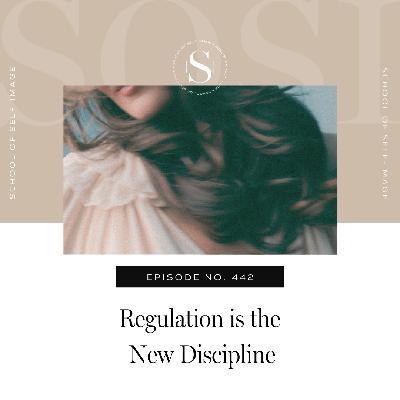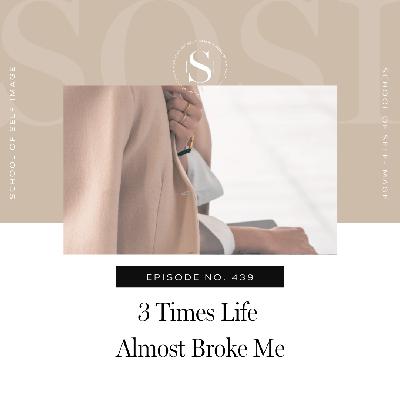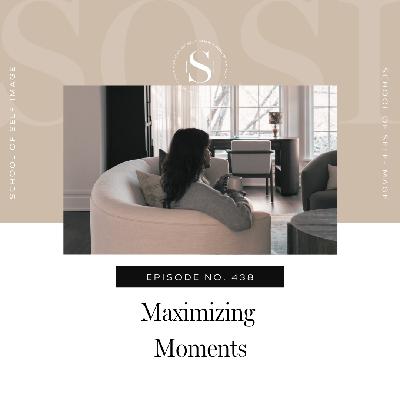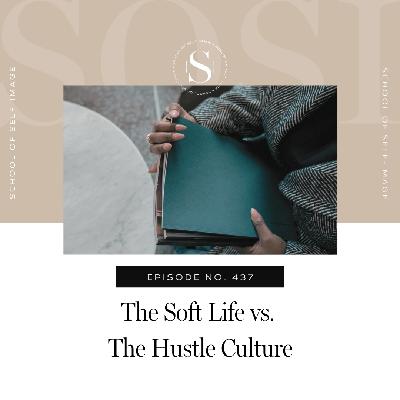417: Uncommon Gratitude
Description
Finding Joy in Life's Challenges: The Uncommon Gratitude Practice
In our daily lives, we often encounter individuals who trigger strong emotional responses in us—whether it’s frustration, anger, or discomfort. The common reaction is to distance ourselves from these people, believing that cutting them out will provide relief. However, as discussed in the podcast episode, this approach may lead to missed opportunities for profound personal growth.
In this episode of the School of Self-Image, host Tonya Leigh explores the profound lessons that can be learned from the things we often take for granted, complain about, or try to avoid in our daily lives. As Thanksgiving approaches, Tonya emphasizes the importance of gratitude and celebration, arguing that these practices should extend beyond just one day a year. She reflects on how embracing gratitude has been a transformative principle in her life, helping her navigate challenges and create a life she loves. Drawing from a recent workshop, she shares insights on staying connected to our celebrations, highlighting how they can foster personal growth and joy. Join Tonya as she invites listeners to recognize and appreciate the unexpected sources of wisdom in their lives.
Talking Points:
00:40 - Thanksgiving and Gratitude
02:06 - The Power of Celebration
03:11 - Practicing Gratitude in Hard Times
03:43 - People Who Trigger Us
07:04 - Learning from Triggers
10:06 - Embracing Failures
12:35 -Daily Annoyances
16:00 - Future Gratitude
22:34 - Showing Up for Your Dreams
Quotes:
"Gratitude has become a practice that I especially use during my hardest times."
"I have come to view these people as my biggest teachers. I like to call them my pets. They're my personal emotional trainers."
"I think the answer is to lean into it so we can learn from it and grow from it."
"A lot of the lessons that we need to learn are going to be learned in the mistakes, not in the successes."
"The next time you're annoyed, just ask yourself, is there anything in this that I could be grateful for?"
"I have found that the anticipation is even better than the arrival."
"If you come across just one podcast and you learn something that changes your life, I will feel like I have served my mission in life."
"Be a woman who shows up for her dreams."
Useful Resources:
Click HERE to join the Curated Year Workshop
Click HERE to join the Membership
Click HERE for a FREE download
Click HERE to sign up for our newsletter, The Edit
Connect with Self-Image Coach Tonya Leigh:
Click HERE to follow our Instagram
Click HERE to visit our website
Click HERE to visit our Facebook group
Click HERE to follow our TikTok
Click HERE to subscribe to our YouTube channel



